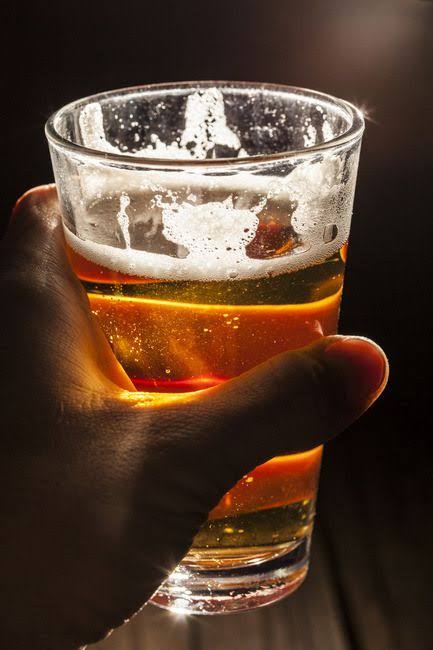A 47-year old man realized he was feeling drunk intermittently throughout the day, without consuming alcohol, after undergoing antibiotics treatment.
This is a rare condition known as auto-brewery syndrome. It occurs when the body produces alcohol inside the gut.
Doctors tried to treat the man with a low-carb diet and antifungal medications, typically effective for this condition.
READ ALSO: Kanye West Hints On Collaboration With “Tik Tok” For “Jesus Tok”
Although it didn’t help. The patient still experienced periodic, accidental drunkenness, in one case so severe that he lost his driving license after a random police check.
What finally did work was a poop transplant, according to a case study published August 18 in Annals of Internal Medicine.
Doctors were able to transfer the fecal microbiota, the bacteria present in poop, into the patient’s small intestine. 34 months later, he continues to be symptom-free, according to the study.
The transplant was obtained from the patient’s 22-year-old daughter.
Researchers have postulated that overgrowth of fungus, specifically certain types of yeast, is behind the unusual phenomenon. Those fungi feed off of carbohydrates a person consumes and produce alcohol, just as yeast can feed off grains to produce beer outside the body.
In these cases, patients often become highly intoxicated from the alcohol in their digestive system, even though they haven’t been drinking. In one extreme example, a man was found to have four times the legal limit of alcohol in his blood due to auto-brewery syndrome.
Since blood sugar levels fuel the yeast-driven booze production, diabetics and people with cirrhosis can be particularly susceptible to auto-brewery syndrome.
So can people who have undergone digestive tract surgery, or who have recently completed a course of antibiotics, as both can disturb naturally-occurring gut microbes and create an imbalance.
That was true for this newest case study. In addition to having recently taken antibiotics, the patient also had a gastric bypass surgery years earlier.
Basically, a low carb diet can assist in treating this syndrome, since fewer carbs in the body system means little sugar for the yeast to convert to alcohol. An antifungal medication can also help tame the overgrown yeast.
In this case study, however, nearly two months of low-carb eating and four weeks of medication were apparently unsuccessful.
The study authors suggested that fecal transplants be considered in similar cases of auto-brewery syndrome. As the research on the transplants improves, they could one day be standard practice to treat this illness.



Leave a Reply